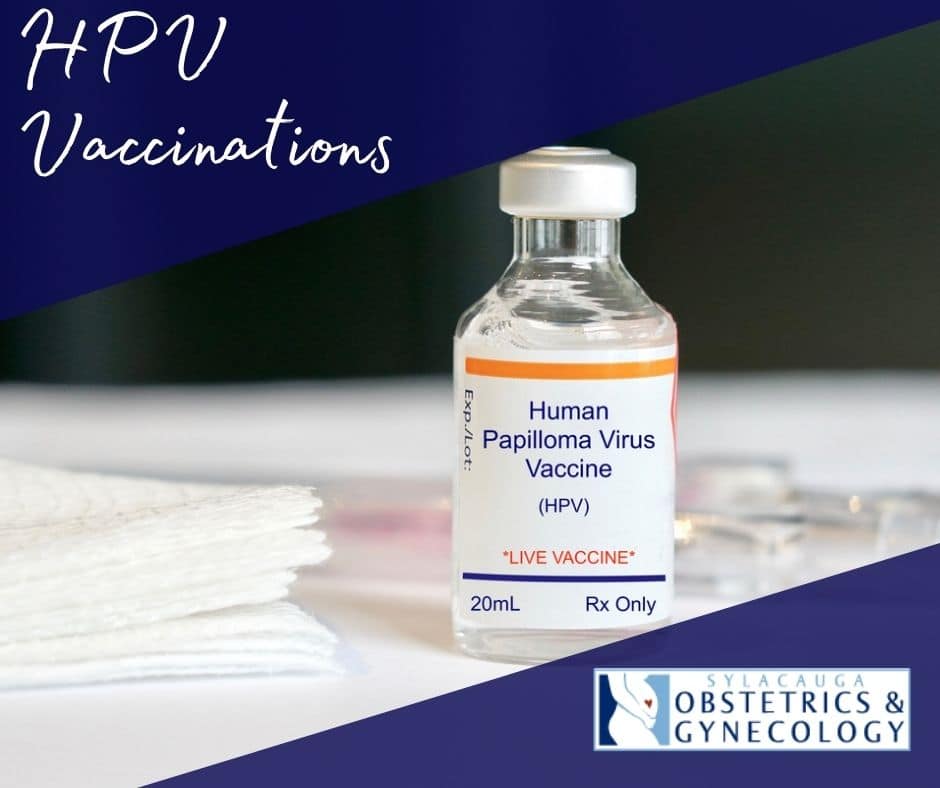
02 Dec HPV vaccination: 3 reasons to be vaccinated against this deadly virus
“An ounce of prevention is worth a pound of cure.”
–Benjamin Franklin
By Kyndra Wright, Nurse Practitioner
The HPV vaccination literally saves lives. Most people don’t realize that they’ve been exposed to this virus because most HPV types don’t have symptoms. However, Human Papillomavirus (HPV) can result in several different types of cancers, and the virus is so common that 8 out of 10 people will get it at some point in their lives.
Fortunately, an HPV vaccination will prevent people from contracting certain strands of the virus. And up until now, it’s been recommended mostly for children starting at age 13.
Recently, however, medical advice is to vaccinate part of the 25-45 population as well. Read on to find out why this is the case and what risks can be mitigated for this slightly older population.
Why should people aged 25-45 receive the HPV vaccination?
Ultimately, this age range encompasses many different lifestyles and sexual experiences. There are many people out there that married in their 20s and had very few sexual partners. Others in that age range are now divorced, getting back into the dating scene, and are about to be exposed to new partners. For these reasons, the HPV vaccination can still help prevent those individuals from contracting HPV.
Note: The protection the vaccination gives is related to future partners. If you’ve already been exposed to HPV, the HPV vaccination will not be of benefit to you.
You might also be surprised that boys/men are also recommended to get the HPV vaccination – it’s not just girls/women who need it. In some instances, such as in smaller communities, if only the girls are getting vaccinated, the population develops herd immunity. In larger areas, however, boys/men must get vaccinated. Not only can boys/men contract the virus, but worse, they can be carriers who can transmit it to their partners. Moreover, the HPV virus can cause penile, oral, and anal cancers, in addition to genital warts.
So, how do I know if I should receive the HPV vaccination if I fall into that 25-45 age range?
Our doctors are qualified to determine whether these vaccinations should be done on an individual basis. We would invite you to come in and have a confidential conversation with us to see if you think you might fit into that category. Younger people who have not yet become sexually active receive two injections, spaced apart. The 25-45 population (or those with compromised immune systems) receive three injections over a period of a few months.
What are my risks if I don’t get vaccinated and/or don’t vaccinate my children?
I realize parents of a 13-year-old child don’t like to think of their child becoming sexually active for a very long time!
That said, the risks of deadly cancers is real for someone who contracts HPV, and they include:
- For girls/women:
- Cancer of the cervix
- Cancer of the throat
- Cancer of the vagina
- Cancer of the vulva
- Cancer of the anus
- For boys/men
- Cancer of the throat
- Cancer of the penis
- Cancer of the anus
- Genital warts
These cancer risks later in life are reason enough to be proactive about getting the HPV vaccination.
See Sylacauga Obstetrics & Gynecology today for more information on your HPV vaccination
Our clinic is operated by very caring, compassionate clinicians who can counsel parents of young children and adults aged 25-45 about the HPV vaccination and work together to determine if the vaccination is for them.
We encourage you to set up an appointment today or call us at 256-249-6995 and come in to discuss HPV and help you weigh the risks of not receiving the vaccination. Much like other vaccinations, prevention is critical, and it’s better to be safe than sorry. Sylacauga OB-GYN is your small-town doctor with big town care!


